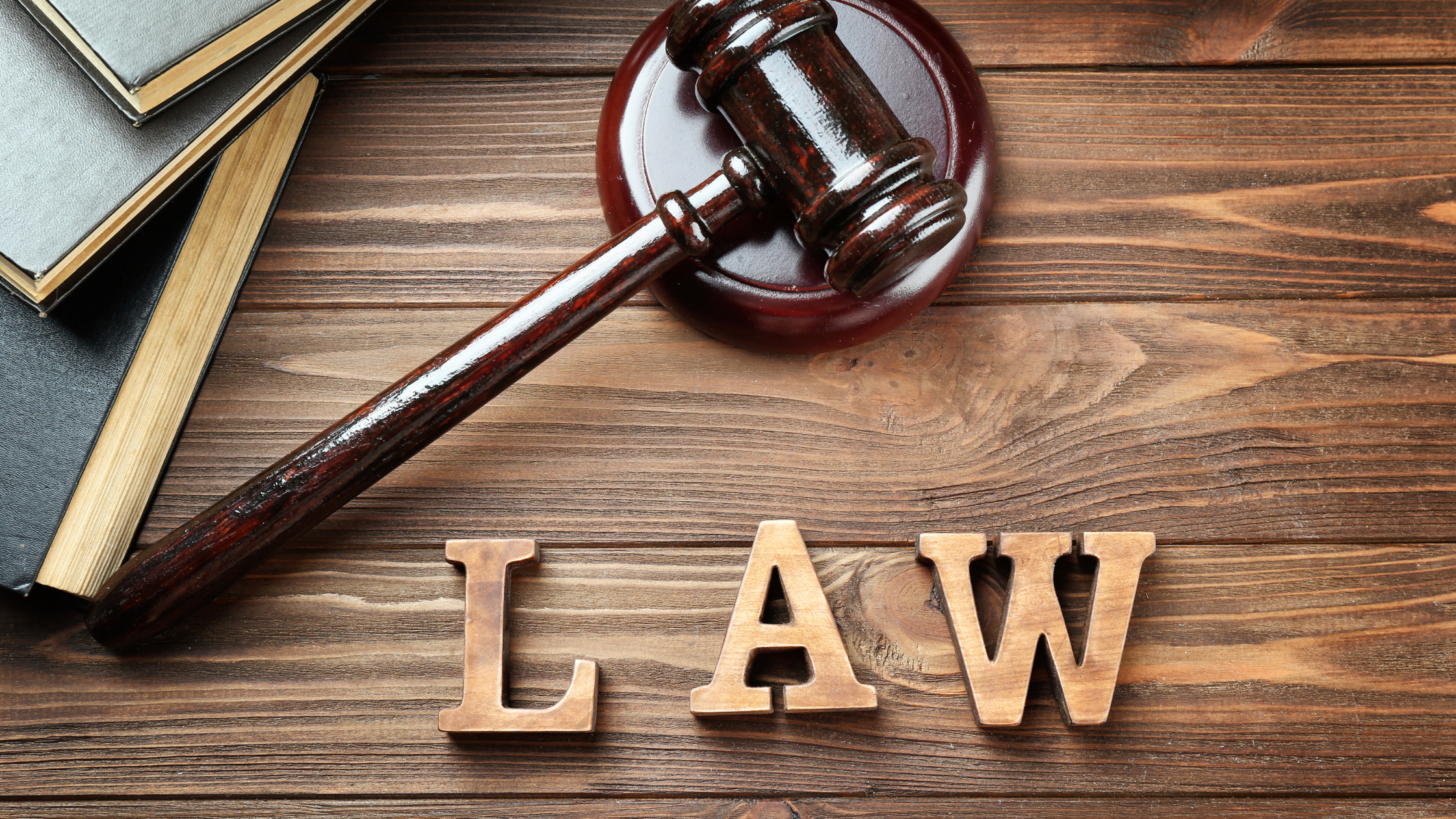In light of the Pentelow decision, there has been a growing interest in the question of whether an incorporated legal practice acting for itself can recover costs for work done by its solicitors. In this blog, I explore the current state of the law on this topic.
The General Rule: Self-Represented Litigants Cannot Recover Costs
As a general rule, self-represented litigants are not entitled to recover any recompense for the value of their time spent in litigation. This rule is based on the principle that a party should not be compensated for their own time and effort spent in pursuing or defending a legal claim.
In Bell Lawyers Pty Ltd v Pentelow, the High Court of Australia determined that the Chorley exception, which previously allowed self-represented solicitors to recover their professional costs, should not be recognized as part of Australian common law.
Incorporated Legal Practices and the Employed Solicitor Rule
The question of whether an incorporated legal practice can recover costs for work done by its solicitors when acting for itself was left open in Bell Lawyers. The court noted that it might be queried whether a solicitor employed by an incorporated legal practice of which he or she is the sole director has sufficient professional detachment to be characterized as acting in a professional legal capacity.
Subsequent cases have sought to address this question.
In United Petroleum Australia Pty Ltd v Herbert Smith Freehills, the Court of Appeal held that a claim by a firm of solicitors (operating as a partnership) to recover costs for the work of its employees fit within the general rule for self-represented litigants, and not within the "well-established understanding" relating to employed solicitors.
The "employed solicitor rule" refers to a well-established understanding in Australian law that allows non-lawyer parties, such as government entities or corporations, to recover costs for legal services provided by their in-house or employed lawyers. This rule operates within the indemnity principle, as even though there is no liability to pay a third party (such as an external law practice), there is still a clear distinction between the client and the lawyer, as well as a functional equivalence between paying external lawyers and offsetting the overhead costs incurred by employing lawyers to act on behalf of their employer.
However, this understanding does not extend to parties that are lawyers representing themselves. According to the United Petroleum Australia Pty Ltd v Freehills case, the only exception that previously allowed lawyers to recover costs for self-representation was the Chorley exception, which has since been overruled in Bell Lawyers. Allowing law firms to recover costs on the basis that the legal work was undertaken by employed solicitors, rather than the firm's owners, would potentially undermine the outcome of the Bell Lawyers decision.
In Guneser v Aitken Partners, the court considered whether an incorporated legal practice acting for itself could recover costs in respect of work done by its employee solicitors. The court followed a similar approach to the Court of Appeal in United Petroleum, asking whether the incorporated legal practice fit within the general exclusionary rule for self-represented litigants and whether the claim fell within the "employed solicitor rule" so that its costs were recoverable. Ultimately, the court determined that the general exclusionary rule applied, and the "employed solicitor rule" (or the "well-established understanding") did not apply.
Key take-aways
An incorporated legal practice acting for itself cannot recover costs in respect of work done by its solicitors.
This conclusion is consistent with the general rule that self-represented litigants cannot recover costs and the court's reluctance to recognise exceptions to this rule.
Cases mentioned in this blog:
Bell Lawyers Pty Ltd v Pentelow [2019] HCA 29; (2019) 93 ALJR 1007
United Petroleum Australia Pty Ltd v Herbert Smith Freehills [2020] VSCA 15
Guneser v Aitken Partners (Cross Appeal On Costs) [2020] VSC 329










